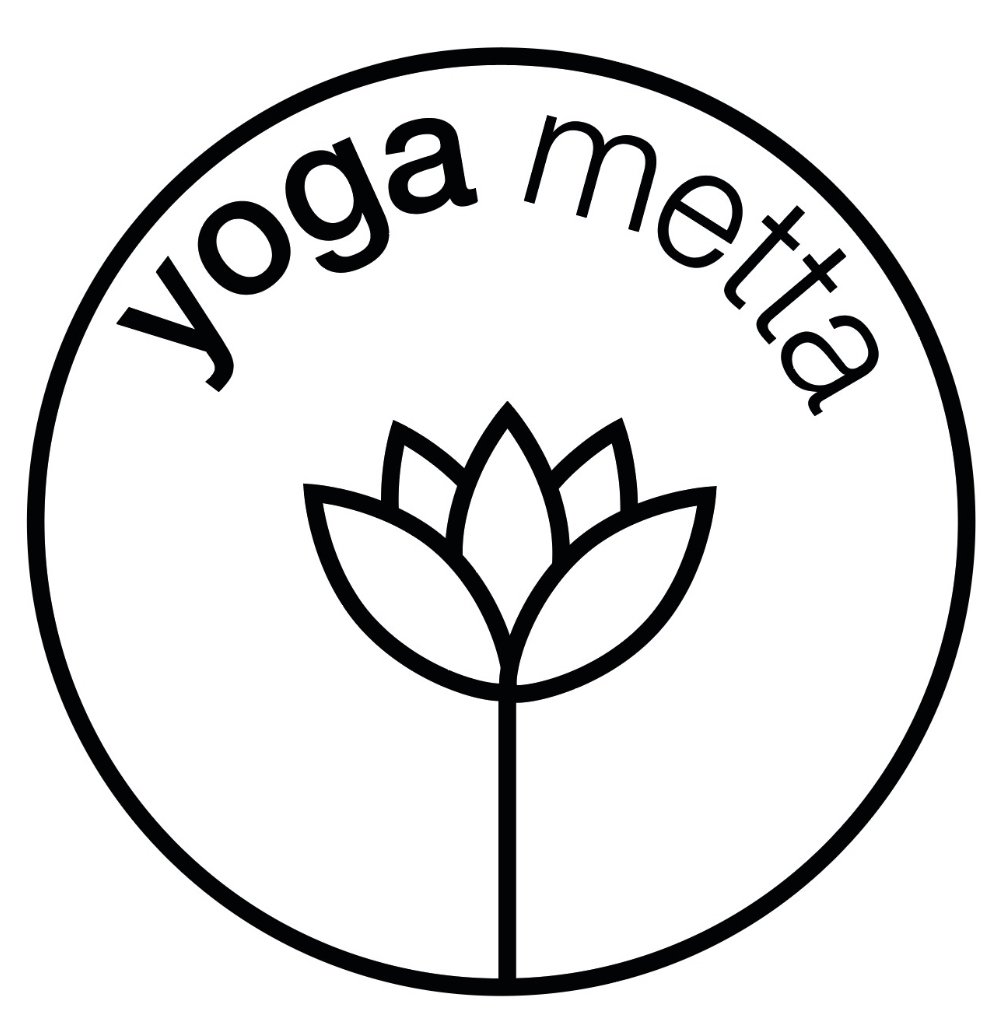Nurturing Your Knees: A Journey to Healing through Iyengar Yoga - By Jo Lovell
Our knees truly are remarkable joints. They're not only the largest but also among the most intricate in the body. Despite their astonishing flexibility, they bear the weight of our entire body on their various surfaces. With every bend, the knee's ligaments and bones must move precisely to ensure smooth functioning. Considering how frequently we use our knees throughout the day, it's no wonder they're susceptible to potential damage and strain, especially in the realm of sports injuries. However, knee pain is a common issue that can affect people from all walks of life, regardless of age. Whether it's the result of an injury, regular wear and tear, or other factors, knee discomfort can have a significant impact on both our physical and emotional well-being.
In our first Iyengar yoga class, we're introduced to the concept of alignment, which plays a vital role in our practice. We focus on lifting our kneecaps and aligning them properly with our ankles and hips. Our teachers emphasise the importance of alignment in all the poses, making us more aware of it. Given the intricate function of our knees, it's now clearer than ever how essential alignment is for their well-being.
Standing poses, when performed with proper alignment, play a crucial role in strengthening the legs and offering stability to the knee joints. During my time in Pune, India at the Ramamani Iyengar Memorial Yoga Institute, I vividly recall learning that the Iyengar’s regarded the condition of one's legs as a symbol of vitality and youthfulness, much more so than the face!
Knee stiffness can bring about discomfort and pain, whether you're at the extremes of straightening or bending the knee. This stiffness might be a result of an injury, cartilage damage, or arthritis, including rheumatoid and osteoarthritis. In cases of chronic knee issues, achieving full extension of the knee joint becomes a challenge. The hamstrings tend to tighten, the joint thickens, and adhesions develop over time, making it difficult for the joint to fully straighten. To address this, non-weight-bearing straight leg poses can be incredibly beneficial. They help alleviate the problem by allowing for controlled non weight bearing movement. Additionally, bending the knees with appropriate support behind them can aid in stretching the joint surface and promoting improved blood circulation and lubrication.
Always pay close attention to what your body is telling you during your poses. If you consistently experience knee pain, modify your pose to eliminate the discomfort. You can sit higher, use a belt to reach your feet, or incorporating a brick. Crucially, don't hesitate to communicate with your teacher about any discomfort or pain you're encountering.
“Yoga is a mirror to look at ourselves from within”
B.K.S Iyengar
Our yoga practice has a unique way of bringing things to the surface, giving us a chance to address them. It's quite common for us to overlook small signals from our body and push through. Yet, yoga serves as an early warning system, provided we listen and act when necessary. Your legs might benefit from some strengthening to support the knees, alignment to ensure that the bones and cartilage move correctly, stretching to enhance blood flow and lubrication, or rest to help your knees recuperate. It is the combination of different asanas, each offering these unique benefits, that can truly make a significant positive impact.
Some individuals find that they can effectively address their knee issues in a regular class setting. However, for those seeking a more personalized and in-depth approach, Iyengar Yoga therapy can be a fantastic choice. Experienced teachers Jo and Gerda devise a unique sequence of asanas that specifically target your knee condition, providing careful adjustments and utilizing props when needed. This is what one of our yoga therapy students who has osteoarthritis in her knees had to say:
“I couldn't be more satisfied, with the yoga therapy sessions with Jo & Gerda. The personalised corrections have proven immensely beneficial, aiding in my better understanding. I've witnessed noticeable improvements in both my asanas and overall well-being. Moreover, I've gained a newfound sense of optimism about what I can achieve and have become more forgiving towards my own body.” Geraldine Hale (Yoga Therapy Student) October 2023
With patience and a consistent practice, many people have reported substantial improvements in their knee health through this approach. It's a testament to the power of Iyengar Yoga which was the originator of yoga therapy through the efforts of B.K.S Iyengar.
By Jo Lovell – Certified Iyengar Yoga Teacher – Level 3
If knee pain isn’t too limiting, joining a regular class can be helpful. You can find information about our regular classes at Yoga Metta here
Alternatively, for a more personalised approach, and if movement is more limited our therapy sessions may be more suitable for you. These sessions take place at Yoga Metta on Wednesday mornings, you can find more information and book your slots here.
We're also excited to be running our first in the series of joint care workshops - the knees will be at Yoga Metta - Sunday, December 3rd, from 10 am to 1 pm. This morning workshop is now full but we still have some spaces available for the same session but in the afternoon 2-5pm. Click here for more details and to secure your spot.
